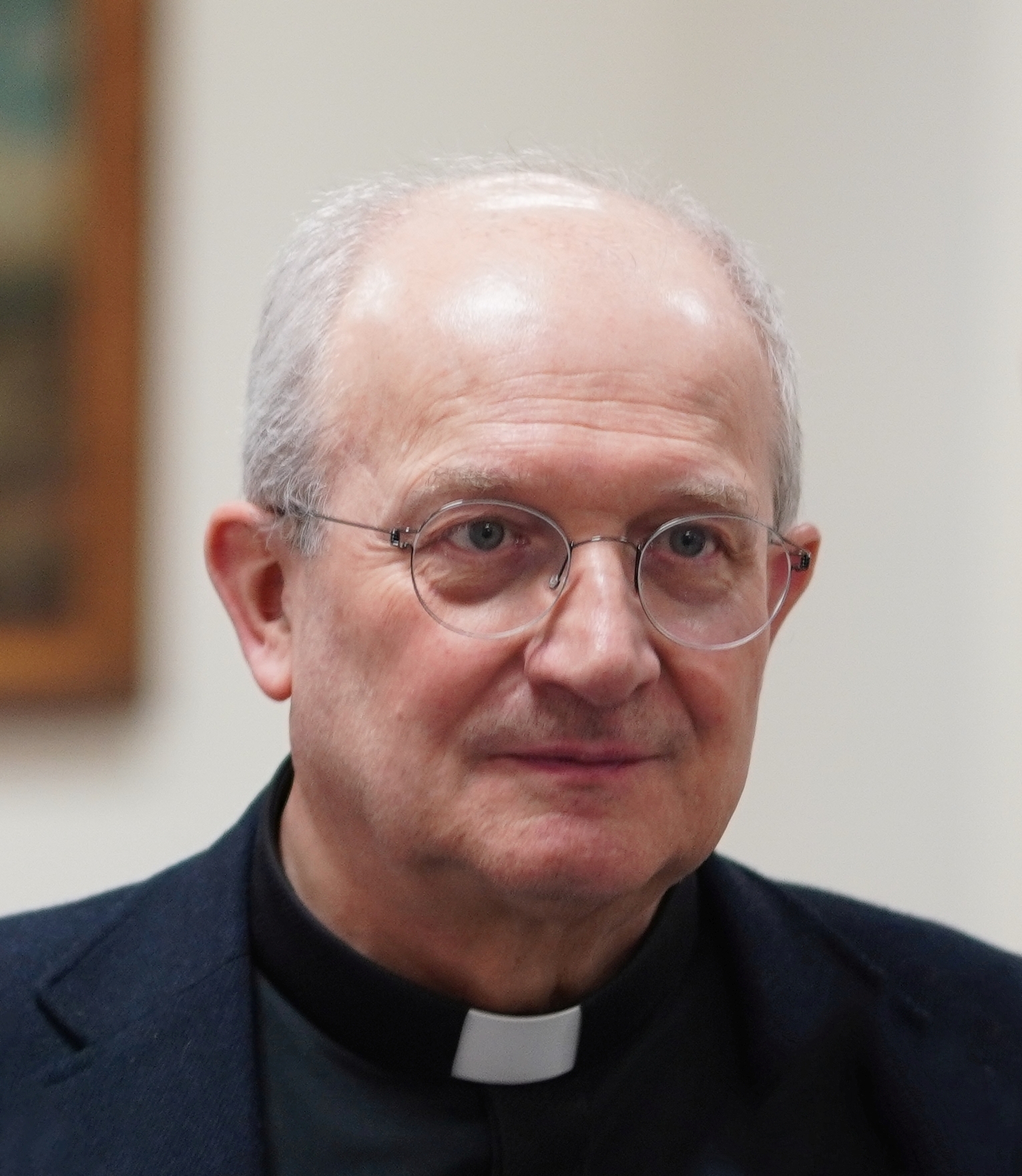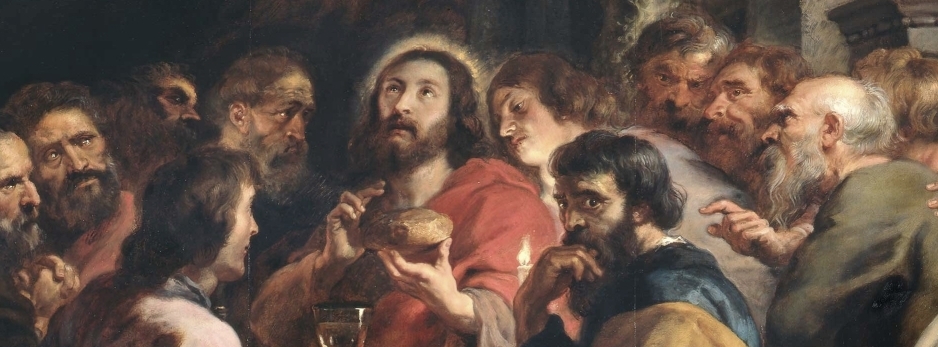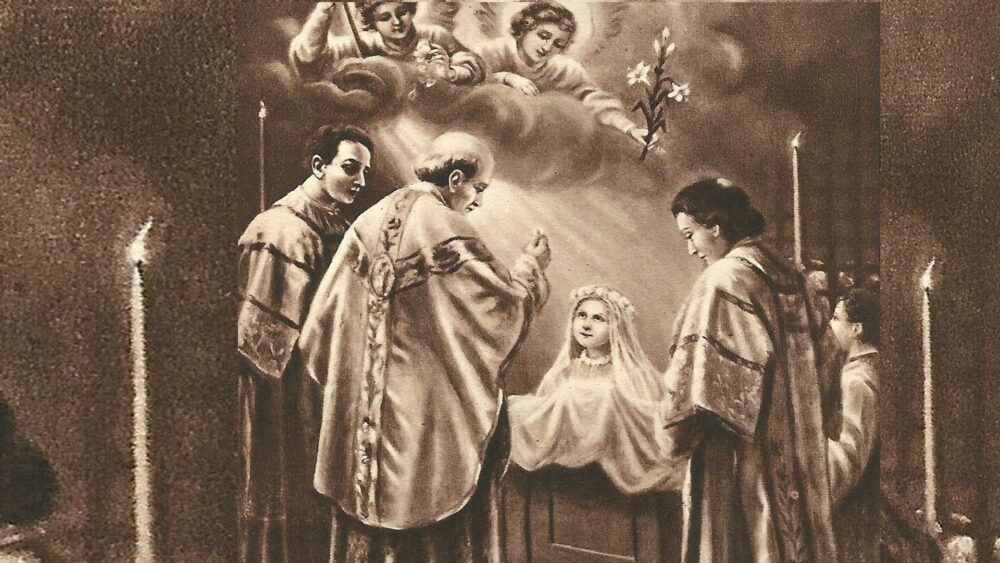The Flight of the Eagle: In Memory of Stanisław Grygiel, Teacher, Father, and Friend
Livio Melina
For me, his first lecture at the Pontifical John Paul II Institute for Studies on Marriage and Family remains unforgettable. In it, he showed us the peculiarities of the Eastern way of thinking compared to the clear and unambiguous syllogisms of Western thinking. The young professor from Krakow offered us the metaphor of the flight of the eagle, which draws concentric circles in the sky as it approaches its prey. These circles allow the eagle to see its prey from new perspectives. Knowledge of life cannot be contained in definitions and concepts that claim to grasp an object, he told us. Rather, it is a matter of personal relationships and communion. Truth is an event that happens and surprises us. It does not repeat itself, but it goes deeper and deeper. It requires us to be willing to go on a constant pilgrimage, to be humble, to search prayerfully, and to be open to live in communion with others.
His lectures were like the wide flight of the eagle: they returned to the same fundamental themes, always from new angles, provoking questions, arousing curiosity, inspiring discoveries in the minds and hearts of the listeners, so that hearing him became an event that touched one’s life and not just one’s intelligence. It was never just about scholarship, but always about the love of wisdom. The anthropological themes he presented were well rooted in the cultural tradition of his Polish homeland, full of anecdotes and personal testimonies, but at the same time universal and relevant to the present, capable of opening new horizons. In his philosophical readings, he always preferred the great philosophers, first and foremost Plato, and the classical texts. But it was above all the poets who provided the cue for his dazzling insights: Norwid, Rilke, Goethe, Dante.
Above all, Stanisław Grygiel knew that truth is neither a formula to be invented or repeated, nor an object to be manipulated, but a person to be venerated. With St. Augustine, he recalled, “Quid est veritas? Vir qui adest!” Truth is a person to be venerated: it is Christ Jesus, whom he loved with a stupendous familiarity. In this way, the Gospels, especially certain pages of St. John, the Eagle among the Evangelists, became a light for his research, including his philosophical research. For him, it was above all the fascination of beauty that could attract and convince: a beauty that had nothing to do with a complacent and narcissistic aestheticism, but that placed the human person before the demanding imperative of conversion: “For there is no place here [on this stone] that does not see you. You must change your life” (R.M. Rilke, Archaic Torso of Apollo). Grygiel did not bind people to himself, but directed them to the One whom he sought and loved with his disciples, and whom he continued to seek even after he had found him. In this way he educated his disciples, generating them in beauty and forming people capable of generating others.
He was called to Rome in 1981 by John Paul II, whose disciple he had been and whose personal friend he had become, admired and esteemed. The mission he was given was not simply to contribute to an academic institution, but to create an authentic family, a communio personarum of faculty, students and staff who would share the ideal of seeking the truth about God’s plan for human love in a practice of collaboration and excellence. Together with the first President, Carlo Caffarra, with his colleagues and friends Angelo Scola, Gianfranco Zuanazzi, Anna Cappella, Ramon De Haro and many others, he laid the foundations for a common work and life.
His colleagues and students remember his generous hospitality in his home, which, thanks to his wife Ludmiła and his children Monika and Jakub, was a place of conversation and exchange, but also a place for personal advice, sharing, and dialogues that touched the lives of all. Academic formation thus became a school of life. Classes stimulated personal research and fostered communion among persons. He willingly traveled extensively, teaching courses of several weeks’ duration as a visiting professor in the international sections of the Institute, in Washington DC, Valencia, Salvador de Bahia, Changanacherry in India, and Seoul in Korea.
“Dolce guida e cara – Sweet and dear guide”: with these words from Dante, Stanisław Grygiel titled an essay on the feminine, which he dedicated to his beloved wife. In it, he revealed his esteem and veneration for the feminine, which he truly considered a guiding star that directs the path of intelligence and life. He did not, therefore, level the difference, but exalted the feminine genius in its complementarity and in its original capacity for access to truth.
Stanisław Grygiel thought a lot about death and dying, which for him was the gateway to philosophy. For him, dying meant passing from the profanum to the fanum, the sacred place. With Rilke, he prayed, “God, give us each our own death / the dying that proceeds / from each of our lives: / the way we loved, / the meanings we made, / our need” (The Book of Poverty and Death). Grygiel wondered, “Does the Lord die with us? Because if he does not die, then we die alone, that is, we depart from here truly without meaning, without value, unable to enter the fanum.” But he concluded with Pascal: “Jesus will be in agony even to the end of the world. We must not sleep during that time. … ‘I thought of thee in Mine agony’” (Pensées, 553). Jesus thought of Stanisław in his agony, in which he was not alone. And with him he also thought of us. And so, in a mysterious and real way, we are together in the communion of saints.
The flight of the eagle has come to an end. And at the end of its flight, it no longer aims at the prey of the earth, but at the heavens. From there he watches and blesses us. Thank you, dear Stanisław, master, father, and friend.
Share this article
About Us
The Veritas Amoris Project focuses on the truth of love as a key to understanding the mystery of God, the human person and the world, convinced that this perspective provides an integral and fruitful pastoral approach.



